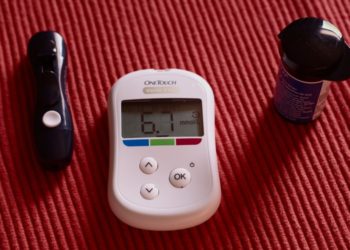Uncontrolled development and growth of cells in body tissues can cause cancer. While some forms of cancer are easily detected, others show few symptoms and often lie undetected for many years. Read on to understand the different types of cancer that often remain undetected until more advanced stages.
Lung Cancer
As the symptoms of lung cancer like coughs and hoarseness of voice can often be mistaken for other illnesses, it is often undetected in early stages. The most effective screening methods employed against lung cancer include imaging tests, testing mucus, and physical exams.
Breast Cancer
Apart from changes in the breast tissue like small lumps, breast cancer can develop unnoticed for years. Studies show that regular self-checks and mammograms are most effective at detecting growths in the breast.
Ovarian Cancer
With symptoms only appearing rapidly in advanced stages, cancer that originates in the ovaries often doesn’t show signs in the initial stages. As traditional diagnostics like pap smears are ineffective in the detection of ovarian cancer, a doctor could advise a cancer antigen test to verify the diagnosis.
Cervical Cancer
Cancer of the cervix typically develops undetected with symptoms appearing rapidly in later stages. Pap smears can help identify potential precancerous cells and arrest their growth.
Testicular Cancer
Cancer that originates in the testicles can often show no symptoms initially. While self-checks regularly can help with the detection of unusual growths and lumps, they are not always effective.
Prostate Cancer
With no apparent symptoms in the early stages, cancer of the prostate often goes unnoticed until damage has set in. Markers associated with prostate cancer can be detected through blood tests and can aid early detection.
Pancreatic Cancer
Typically cancer that affects the pancreas shows no symptoms until the advanced stages. Since treatment at these stages is less effective, recovery and survival rates are low.
Colon Cancer
As cancer that affects the colon develops slowly, it may be years before symptoms manifest. A colonoscopy to detect cancerous colon polyps helps with detection when colon cancer is suspected.
Regular self-checks and cancer screenings can help detect and manage cancer in early stages. Preventing cancer’s spread with effective treatment can significantly increase the effectiveness of treatment and survival rates.










